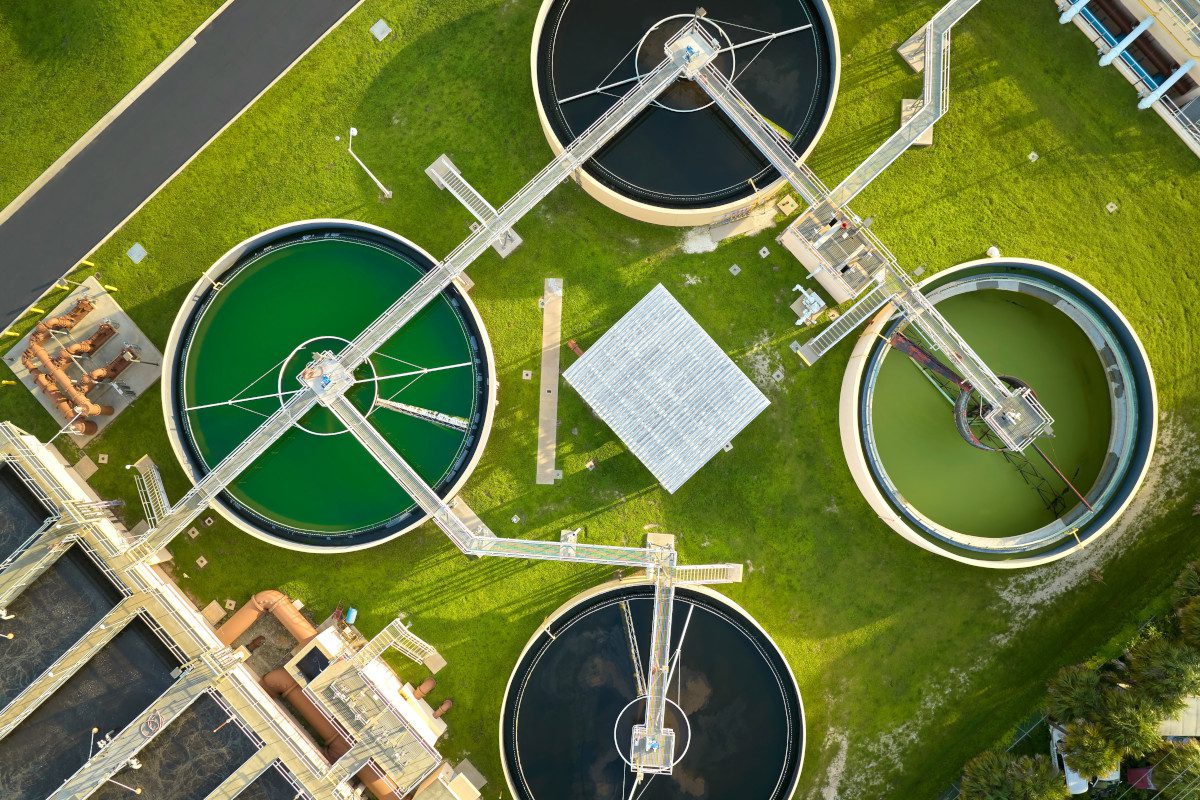The Royal Society of Chemistry has welcomed the Drinking Water Inspectorate’s decision to apply stricter limits on PFAS levels allowed in English and Welsh drinking water but cautions there is more to be done to improve chemicals monitoring and regulation.
PFAS, more commonly known as ‘forever chemicals’, are a group of chemicals found in thousands of products, from toilet paper and non-stick cookware to firefighting foams. They have been linked to a range of health issues including testicular cancer, fertility issues and developmental defects in unborn children.
And now water companies have been told they will be expected to enforce a limit of 100 nanograms per litre (ng/L) for a new cumulative sum of 48 PFAS in drinking water as part of their legal duty to deliver water that is ‘wholesome’ to households.
Currently, water companies measure whether drinking water samples exceed 100 ng/L for 48 individual types of PFAS, which presents a chance that the total amount of PFAS could accumulate far beyond the high-risk threshold.
The updated guidance, which goes into effect from January 2025, marks a significant new safeguard for public health. By recognising a group of 48 PFAS, the new drinking water limits will go even further than the European Union and Scotland, where the same 100 ng/L is enforced for a much smaller group of 20 PFAS.
The move follows the launch of the RSC’s ‘Clean up UK drinking water’ campaign last year, which highlighted that more than a third of water sources tested in England and Wales – our natural resource for drinking water abstraction – contained levels of PFAS classed as ‘high or ‘medium’ risk by the DWI.

RSC Policy Advisor Stephanie Metzger said of the DWI’s new guidance: “This issue matters to the general public. Since we launched our campaign, over ten thousand people have seen our campaign map showing PFAS in their local area, close to a thousand of whom were concerned enough to write to their MP highlighting the issue. No-one chooses the water that comes out of their tap, so it is fantastic to see the DWI keeping up to date with the latest scientific research and taking steps to protect public health.
“While the new total limit for the sum of 48 PFAS will protect our drinking water, the chemicals continue to accumulate in our rivers, aquifers and environment. We don’t actually know how many of these chemicals are being produced, and where they end up – so we also urge government and industry to build upon this change by creating a national inventory of PFAS and enforcing stricter limits on industrial discharges. Ultimately, at the RSC, we want to see a national chemicals regulator to provide better strategic coordination of monitoring and regulation of all chemicals including PFAS.”
Where sites used for drinking water abstraction exceed the new limits, water companies will be required to put in place emergency measures to reduce the level of PFAS before the water is supplied to households. This could include mixing with water from another source that contains fewer PFAS concentrations or filtering the water. Water companies will also have to design a proactive and systematic risk reduction strategy.
Learn more about the RSC’s work on PFAS by reading its dedicated campaign page: https://rsc.li/clean-up-pfas.

















